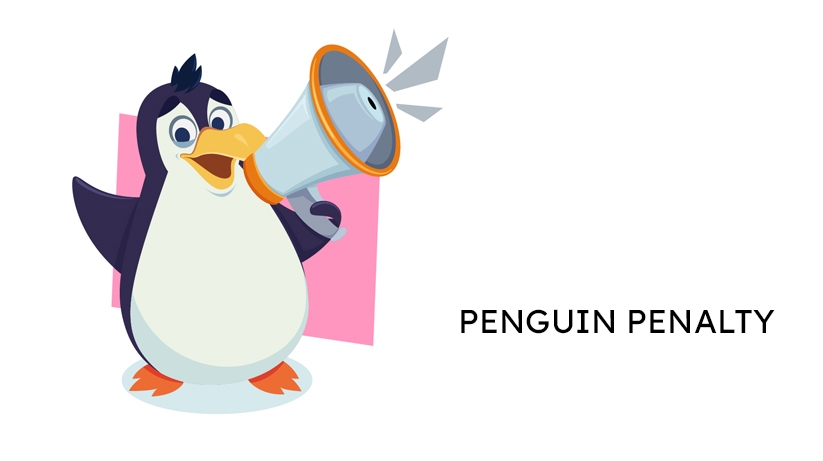
Unravelling the Mystery of Duplicate Content in Digital Marketing

Introduction:
In the ever-evolving realm of digital marketing and SEO, content is king. A well- written content attracts audiences and boosts your website's online visibility. However, a lurking challenge arises amidst the vast sea of content: duplicate content. This blog post will discuss the same content, how it affects your digital marketing efforts and SEO, and, most importantly, how to tackle it effectively.
Understanding Duplicate Content:
What makes good content? Good content establishes an audience and builds trust. However, not all content is created equal. Duplicate content can be deceptive and is a common issue that can negatively impact a website's search engine optimisation (SEO) efforts. This article aims to shed light on the concept of duplicate content and its significance in digital marketing and SEO.
What is Duplicate Content?
Duplicate content refers to one more copy of the same content that appears in more than one location on the internet. It can occur within a single website or across multiple websites. This duplication can be intentional or unintentional, involving complete sentences, paragraphs, or web pages.
The Impact on SEO:
Search engines provide users with relevant and varied search results. When duplicate content exists, search engines need help determining which version to include in their results. As a result, the search engine may penalise websites with duplicated content. Duplicate content can damage all SEO efforts.
Types of Duplicate Content:
Internal duplicate content: occurs when multiple pages within the website have similar or identical content. It can arise from different URLs pointing to the same content or the use of boilerplate text across various pages.
External Duplicate Content: This refers to identical content appearing on different websites. It can happen when websites copy content from other sources without permission or syndicate content from a central authority.
How to Handle Duplicate Content:
Canonicalisation: Implementing canonical tags helps search engines identify the preferred version of content when duplicates exist. By specifying the canonical URL, you signal which page should be indexed and given priority in search results.
Content Syndication: If you syndicate content from a central source, use rel="canonical" tags or employ a "no index" directive to prevent search engines from penalising your website for duplicate content.
Unique and Valuable Content: To avoid unintentional duplicate content, focus on creating original and valuable content that provides unique insights and answers user queries. Ensure each page serves a purpose and adds value to your target audience.
Effects on Digital Marketing:
Diminished Search Engine Rankings: Search engines strive to deliver unique content to their users that is relevant and precise. When duplicate content is detected, search engines may need help to assess which version is the original or most appropriate. As a result, your website's rankings may need to improve, affecting your visibility and organic traffic.
Dilution of Link Equity: Duplicate content can lead to splitting backlinks and social shares between multiple versions of the same content. This dilutes the link equity your content would otherwise accumulate, impacting overall digital marketing efforts.
User Experience and Engagement: Duplicate content can confuse and frustrate users, diminishing their trust in your brand. When users encounter identical or similar content across different pages, they may perceive it as redundant or spammy, leading to higher bounce rates and lower engagement metrics.
Wasted Crawling and Indexing Budget: Search engine bots allocate limited crawling and indexing resources to each website. When duplicate content is present, these resources may be well-spent on indexing non-original or low-value content, resulting in missed opportunities to index fresh and valuable content.
SEO Implications:
Keyword Canonicalisation: The keywords on the website compete against each other for search engine rankings. This can lead to keyword cannibalisation, where your pages dilute each other's visibility and potentially drive traffic away.
Thin and Low-Quality Content Perception: If search engines encounter numerous instances of duplicate content within your website, they may interpret it as a sign of light or low-quality content. This can negatively impact your overall website's authority and make it harder for your pages to rank well.
Solutions and Best Practices:
Create Unique and Valuable Content: Invest in crafting original, informative, and engaging content that provides unique value to your target audience. By offering fresh perspectives, in-depth insights, and relevant information, you can differentiate yourself from competitors and build a robust online presence.
Canonicalisation and 301 Redirects: Implement canonical tags to indicate the preferred version of duplicate content to search engines. Use 301 redirects to consolidate multiple page versions into a single URL, consolidating link equity and avoiding identical content issues.
Syndication and Attribution: Syndicate your content on other websites, and ensure proper attribution and canonicalisation to avoid search engines perceiving it as duplicate content. Clearly state the source and include canonical tags when necessary.
Monitor and Regularly Audit Your Website: Regularly conduct content audits and use tools like Google Search Console to identify and address instances of duplicate content. Monitor crawling and indexing patterns to ensure search engines prioritise your original content.
Conclusion:
By understanding the causes and implications of duplicate content, you can implement practical solutions to mitigate its adverse effects. Focus on creating unique, valuable content, implementing canonicalisation and 301 redirects, and regularly auditing your website to maintain a solid online presence in the ever-competitive landscape of digital marketing and SEO.
Search Engine Optimization
08 Nov 2023 | RachelRelated Post
Latest Post





